QuestionQUESTION: Dear Dr. Thunes, I manage a 9 horse barn with 7 lightly used lesson horses/ponies and 2 boarded horses. The oldest lesson horse is 24, all other horses are 7-16 years. I am very allergic to timothy hay (cubes and pellets as well) therefore I feed clean, good quality orchard grass (as much as they want, unless overweight) and I have been mixing in one part mid-bloom alfalfa hay to every 8 parts of grass hay. Is it okay that I give them this alfalfa hay? Or will this cause kidney problems? Is some okay or none? Should I check BUN and creatinine levels first? FYI, they get Poulin Feed's MVP pellets twice daily in additon to hay, but no other supplements. They are all in good weight. Also, several of them like molasses (straight from the bottle), will a tbsp or so hurt them every once in a while? Many thanks for your advice. Donna Wetherbee
ANSWER: Dear Donna,
There is absolutely no problem feeding this much alfalfa, I know horses here in CA who only get alfalfa. That wouldn't be my choice, I tend not to recommend less than 50%, but these horses seem to do ok. My biggest question is what motivated you to introduce the alfalfa? Once I know that I'll have a better idea if what you are doing is the right thing for your horses.
Best regards,
Clair Thunes, PhD
Independent Equine Nutritionist,
Equilibrate Equine Consulting,
clair@equilibrateequine.com
www.equilibrateequine.com
---------- FOLLOW-UP ----------
QUESTION: Thank you, Dr Thunes. Actually, we had it in our loft already because a horse that used to be with us ate a hay mix with alfalfa. In NJ some 40 years ago, it wasn't unusual to use alfalfa in addition to other hays, but so much has changed. Also I want to be sure the horses are getting a good balance of minerals. I am told that there is no selenium in NH soil (I am new to the state) and I know that different hays contain different amounts of different minerals. I found out today that the Poulin Grain company will analyze your samples of hay to see if there are gaps in your horse's nutrition when fed Poulin feed and your hay(s). I plan to take advantage of this. Do you think it prudent to have out vet test the horse's blood-selenium levels? Lastly, any reasons why I can't feed them a dollop of molasses now and then as a treat? Many thanks for all your advice! Donna Wetherbee
AnswerThat is wonderful that Poulin will do that for you. I do the same thing for people, assessing hay analysis results and putting together diets with custom mineral mixes if needed. The key is to take a representative sample which can only really be done by using a hay probe that cuts a cross sectional sample into the middle of the bale from the short end. You would need to do this to 15-20 bales to get a samples representative of your stack. You are right that there are deficiencies in our diets. Hays are typically too low in copper and may be low in zinc, most are high in iron and some geographical areas as you mention are low in selenium. Then on top of this the minerals need to be present in the correct ratios to each other to insure adequate uptake. My question for Poulin would be do they just check absolute mineral levels or will they also assess correct mineral ratios? Feeding a mineral supplement that is made to balance grass hays will help although it may not provide enough selenium. Feeding a mix of forage types also helps as each provide slightly different things.
As for the molasses. A little every now and again it probably ok but it is straight sugar and I would not give this to horses who are of breeds predisposed to insulin resistance as these horses can be pushed into a laminitic episode from as little molasses as you mention. These horses tend to be the good doers of the traditional breeds, arabs, morgans,pony breeds, haflingers, mustangs, paso finos etc. You would hate to find out the hard way that one of your horses was in fact compensated insulin resistant.
Let me know if I can be of any further help.
Clair

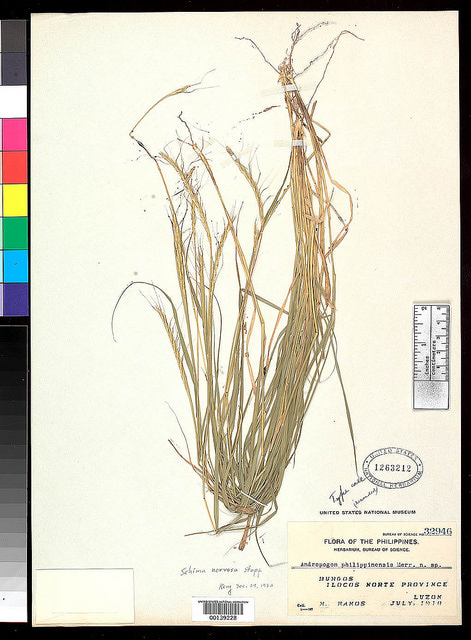 sehima nervosum hay for our horses - free choice
Question
sehima sehima 1
hi maam. present
sehima nervosum hay for our horses - free choice
Question
sehima sehima 1
hi maam. present
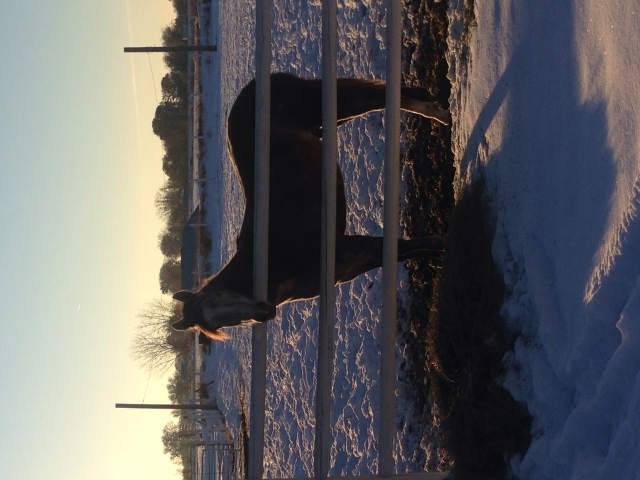 Feed for Growing Quarter Horses
Question
Bree Della
Hi! I have a two year
Feed for Growing Quarter Horses
Question
Bree Della
Hi! I have a two year
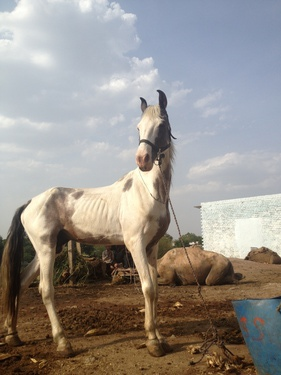 improving body condition
Question
horse
hello maam, how can i improve the
improving body condition
Question
horse
hello maam, how can i improve the
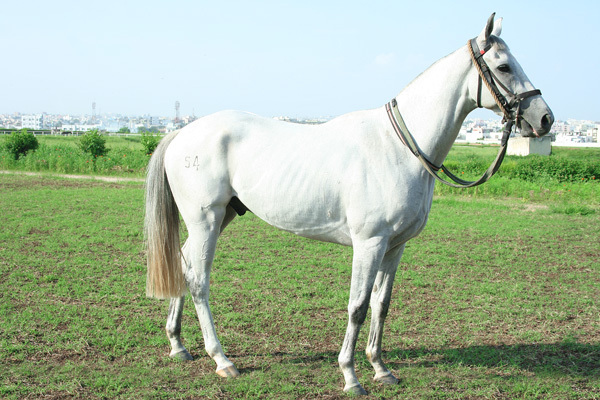 guessing the horse weight seeing it
Question
guess weight
hello maam. this is a thor
guessing the horse weight seeing it
Question
guess weight
hello maam. this is a thor
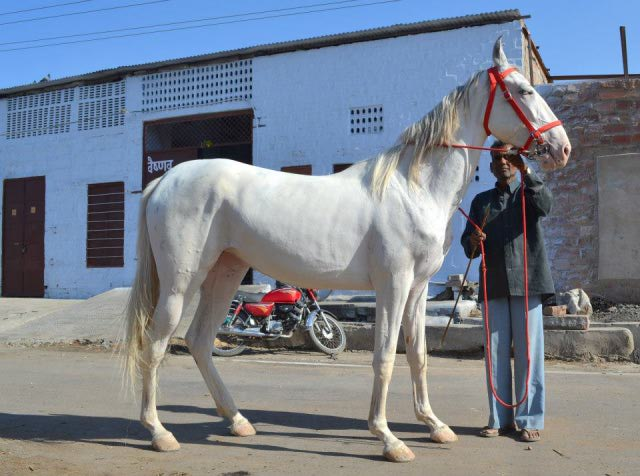 strong or weak
Question
strong or weak
hello maam, how this hor
strong or weak
Question
strong or weak
hello maam, how this hor